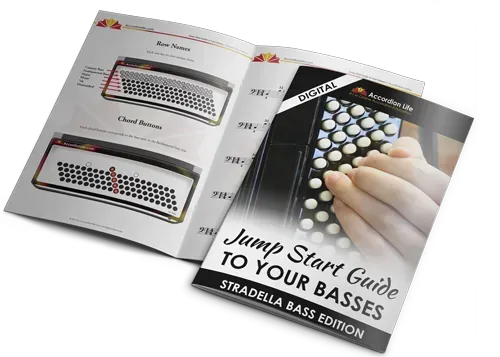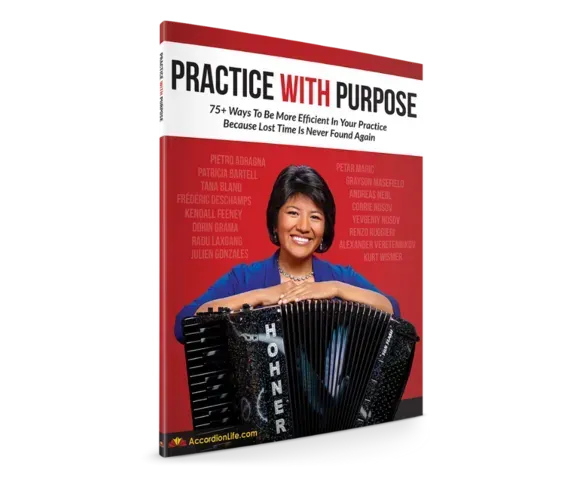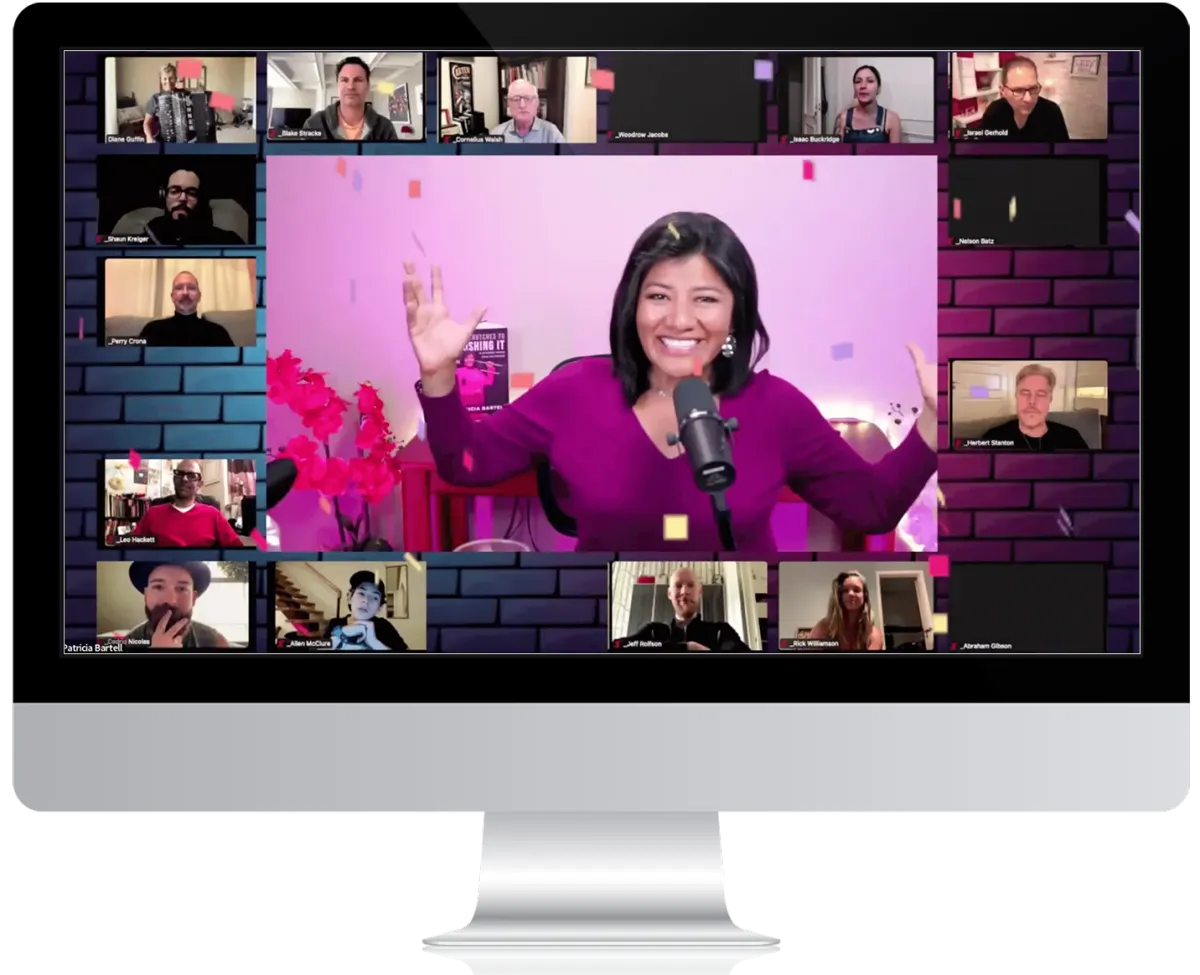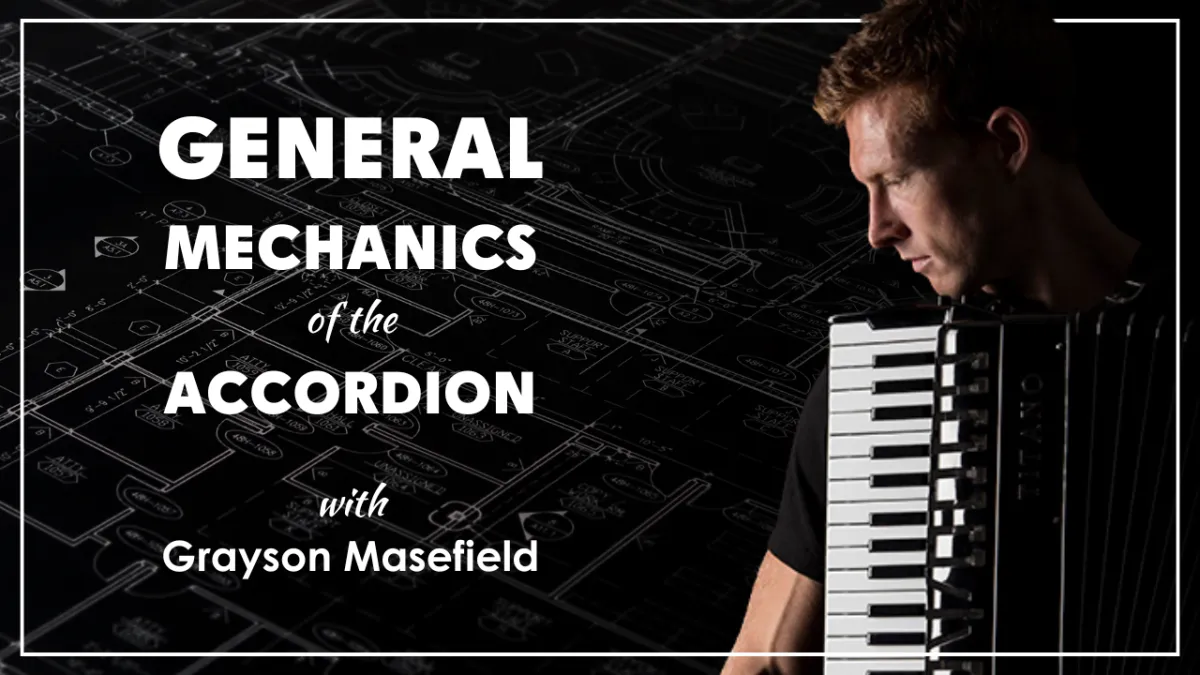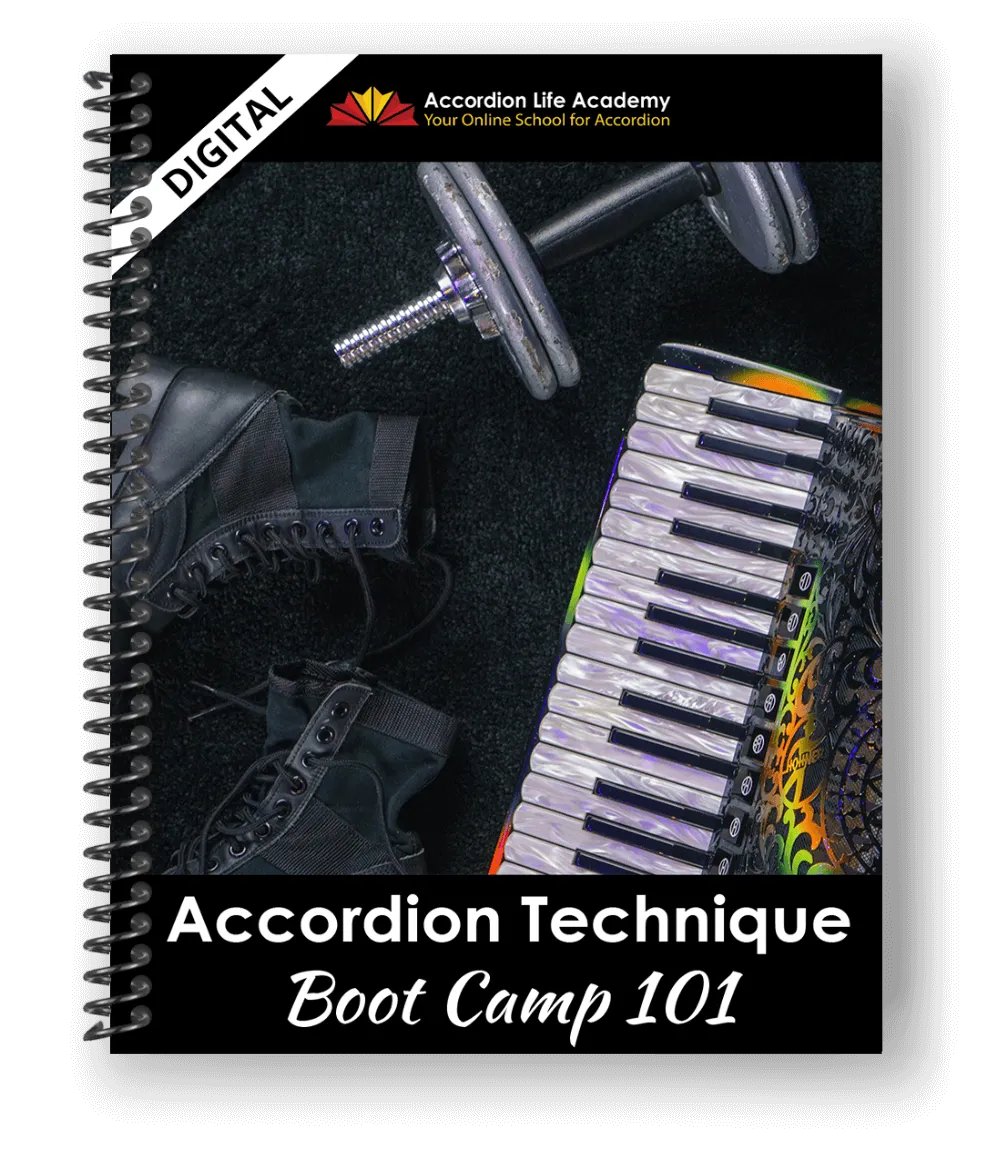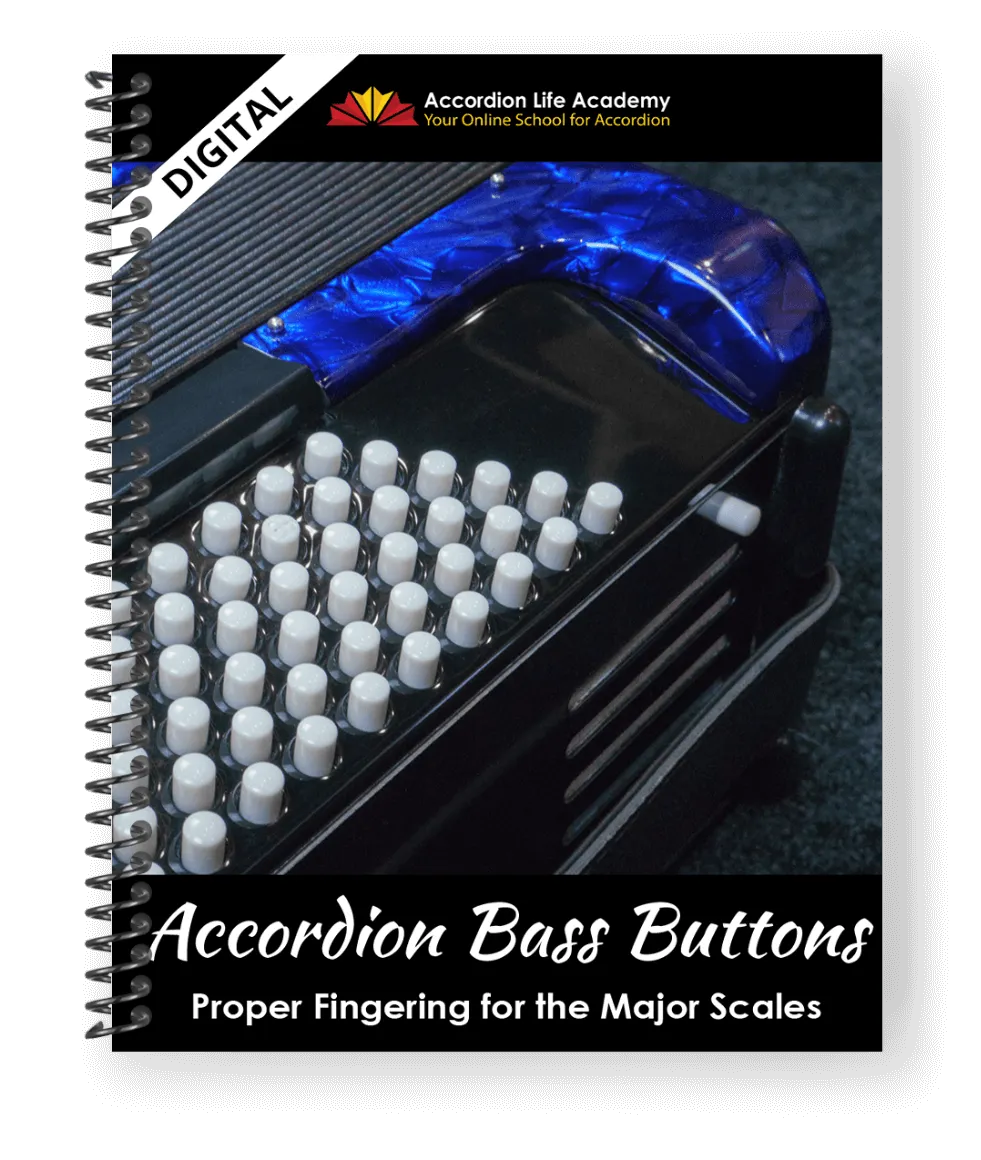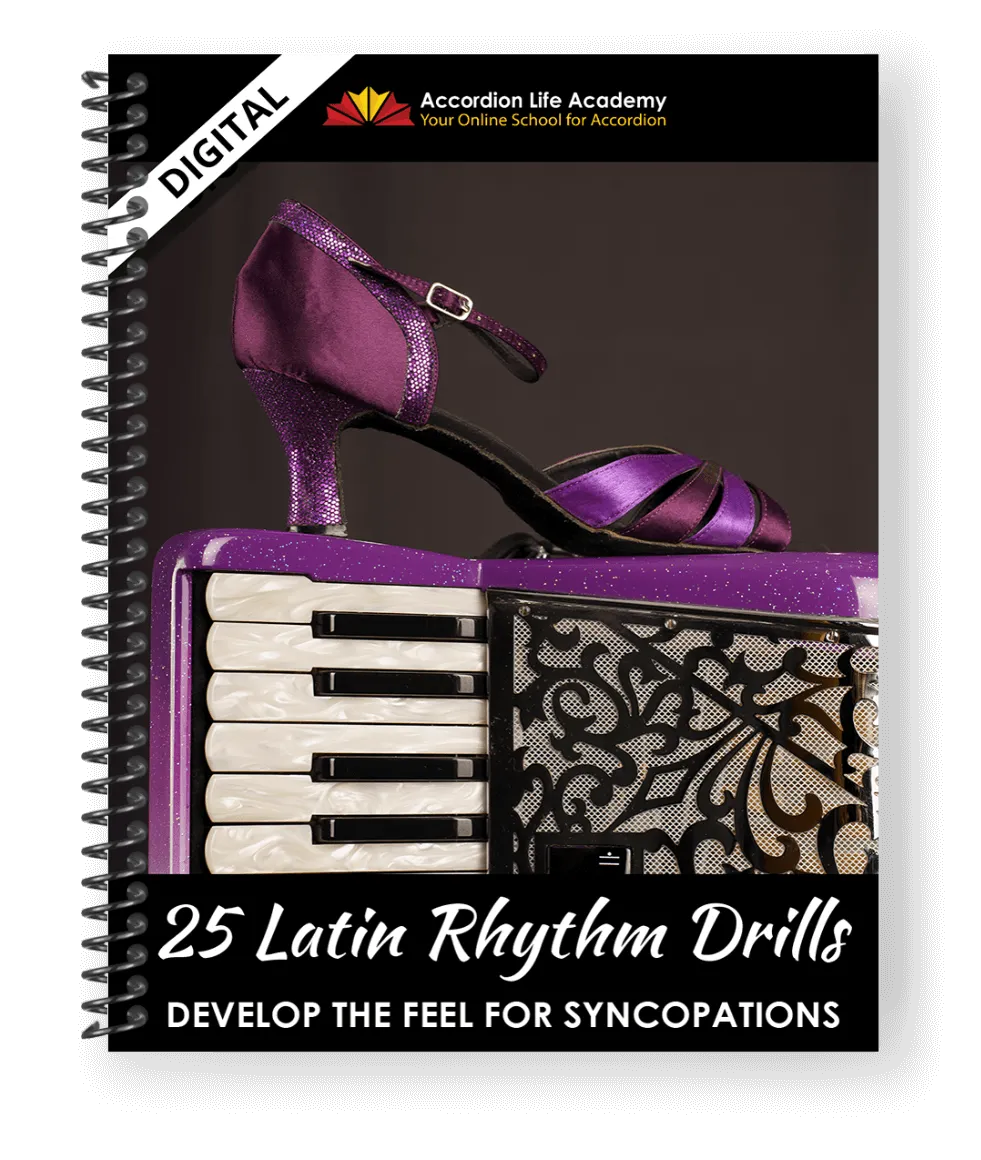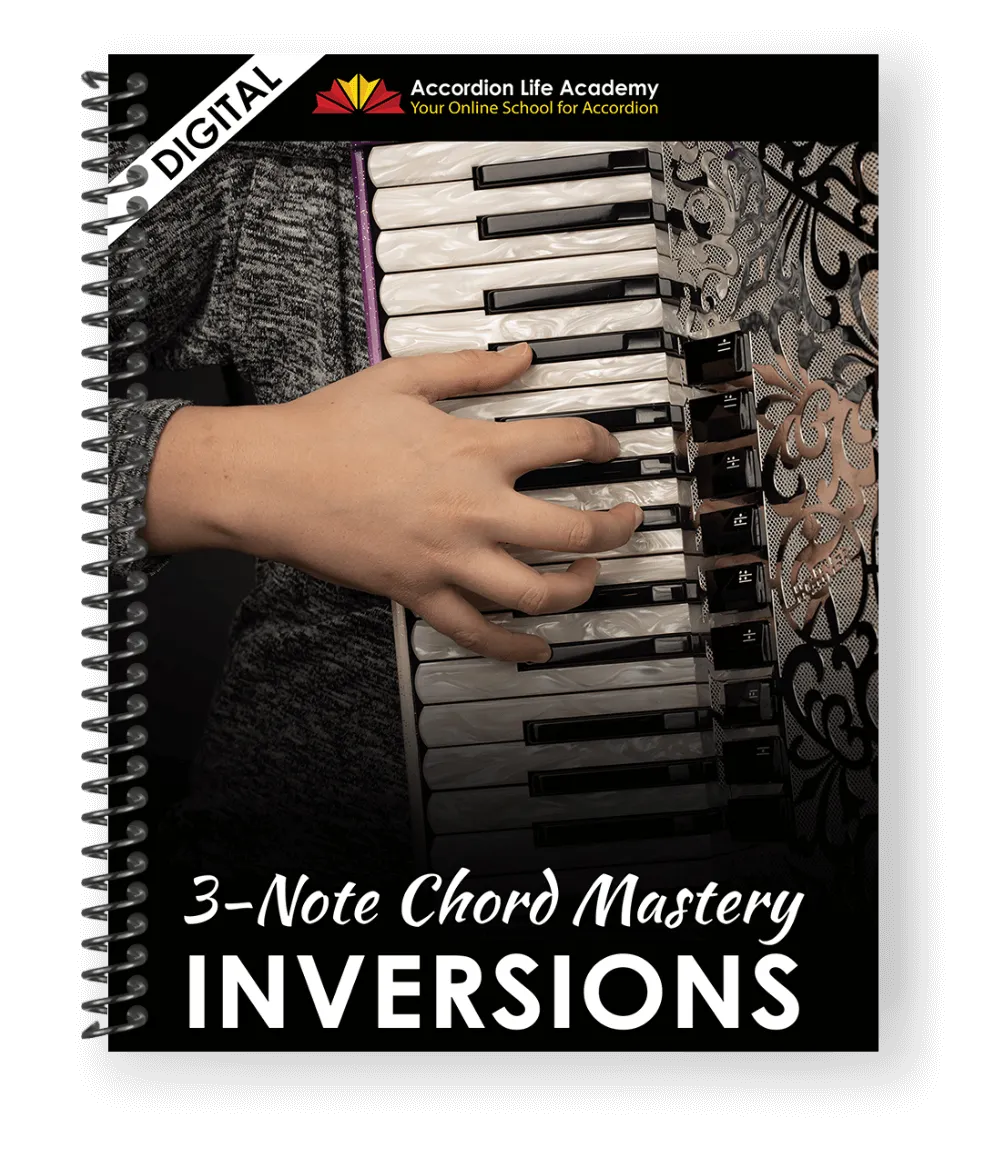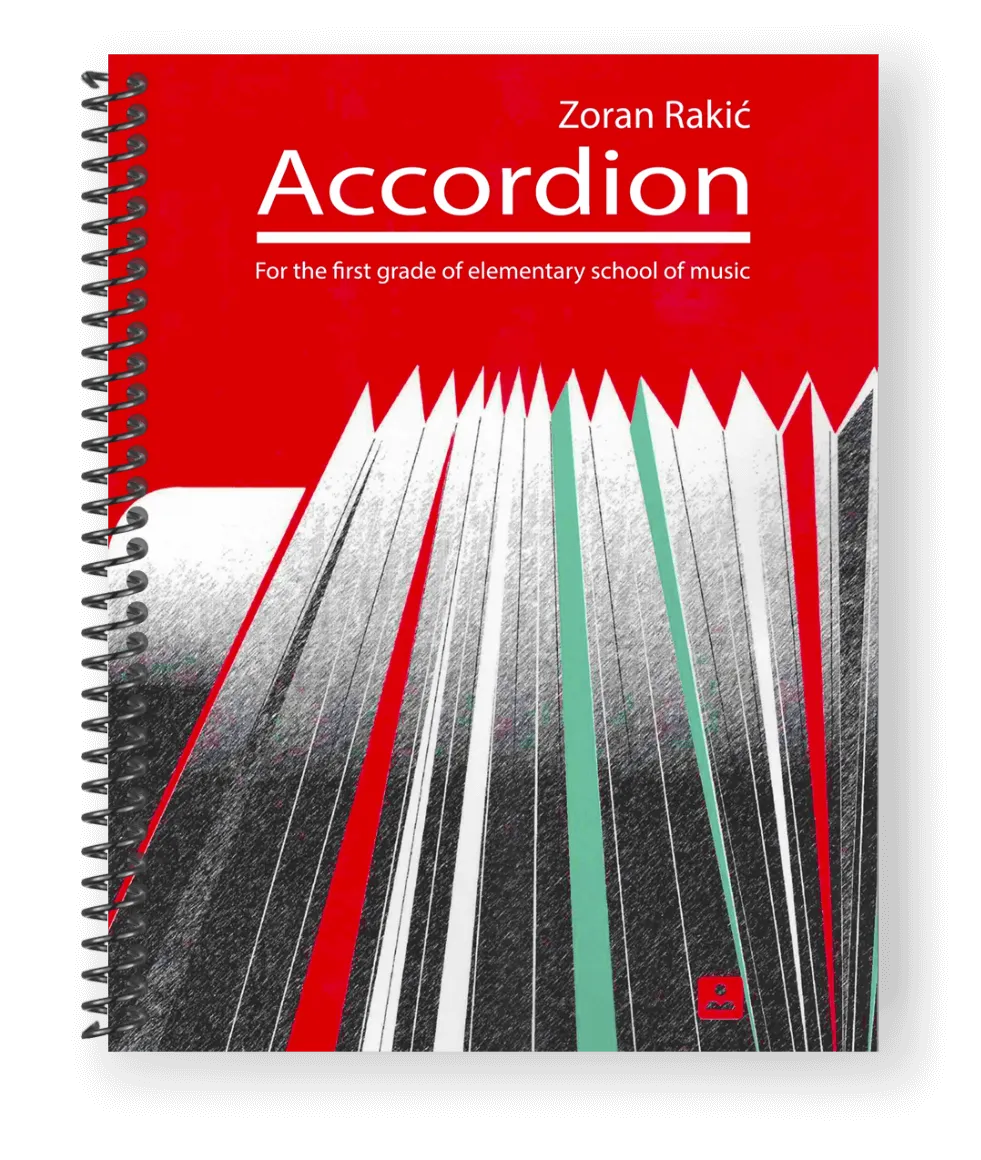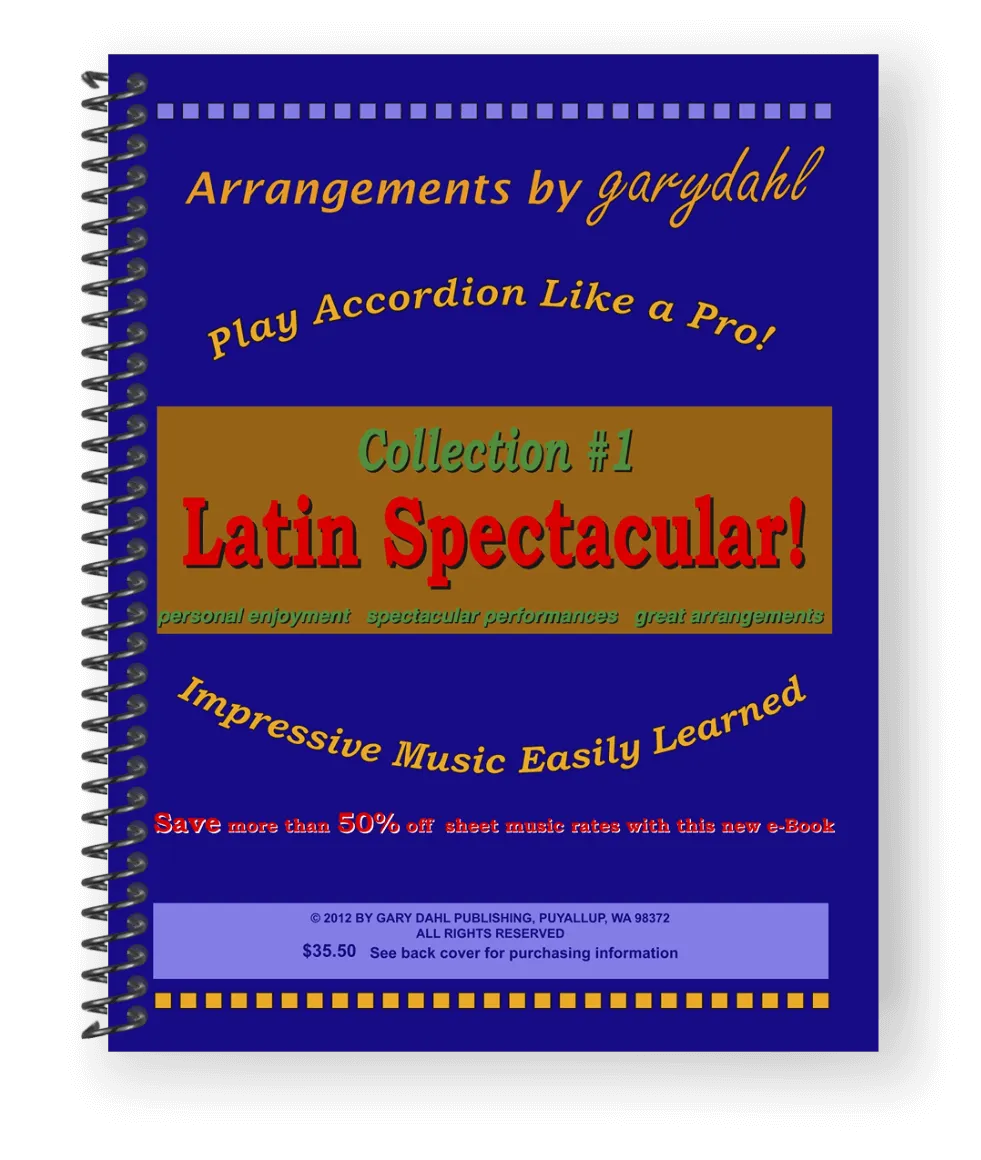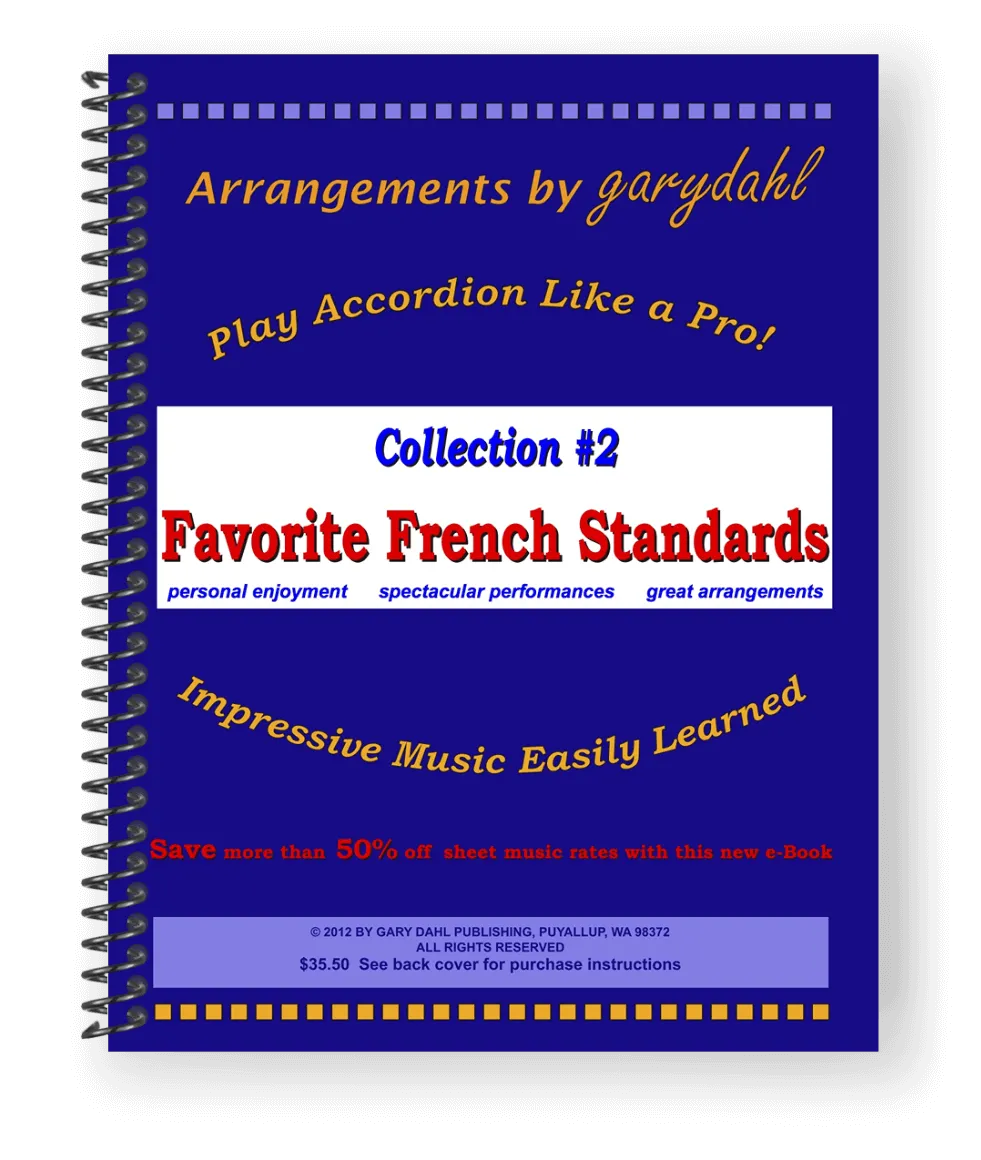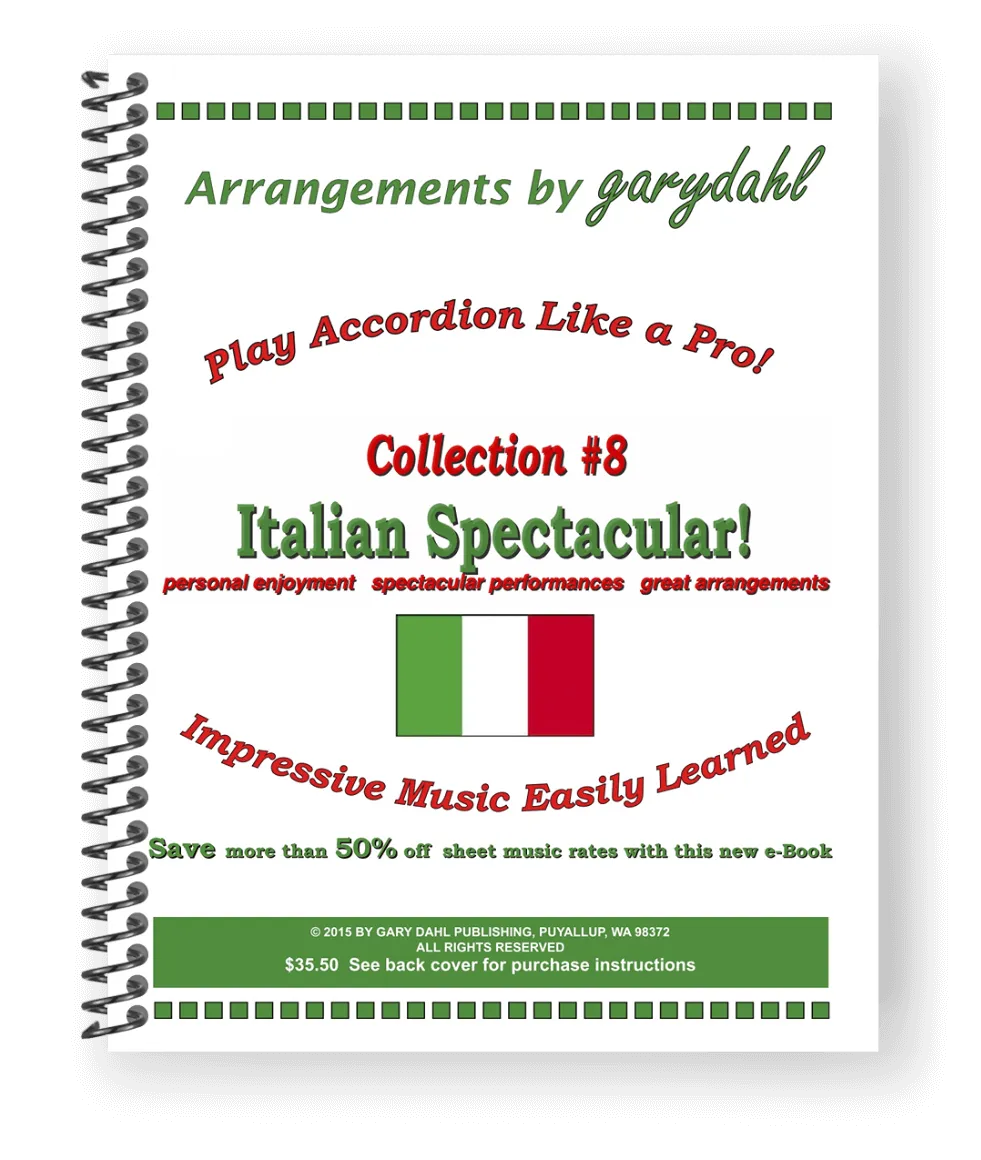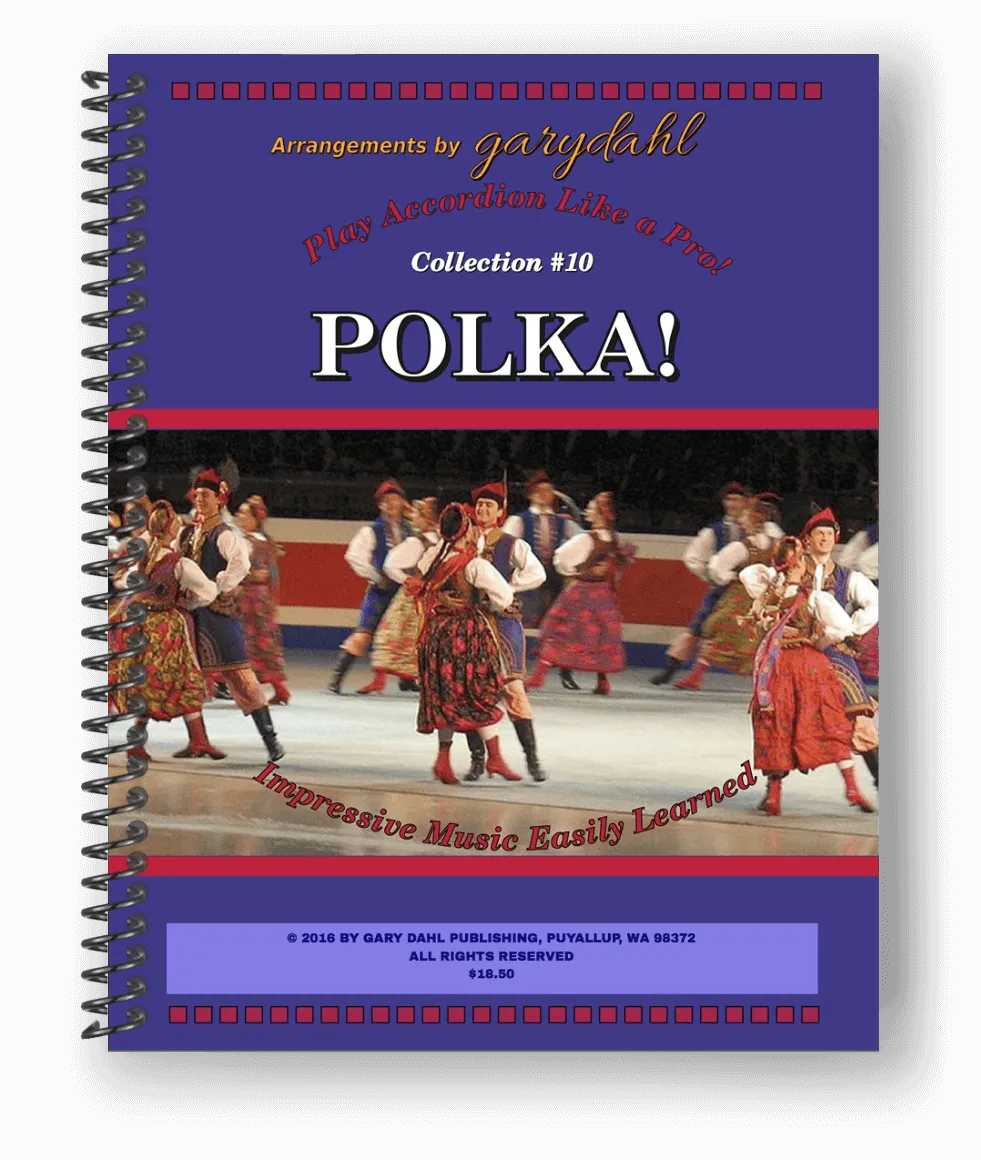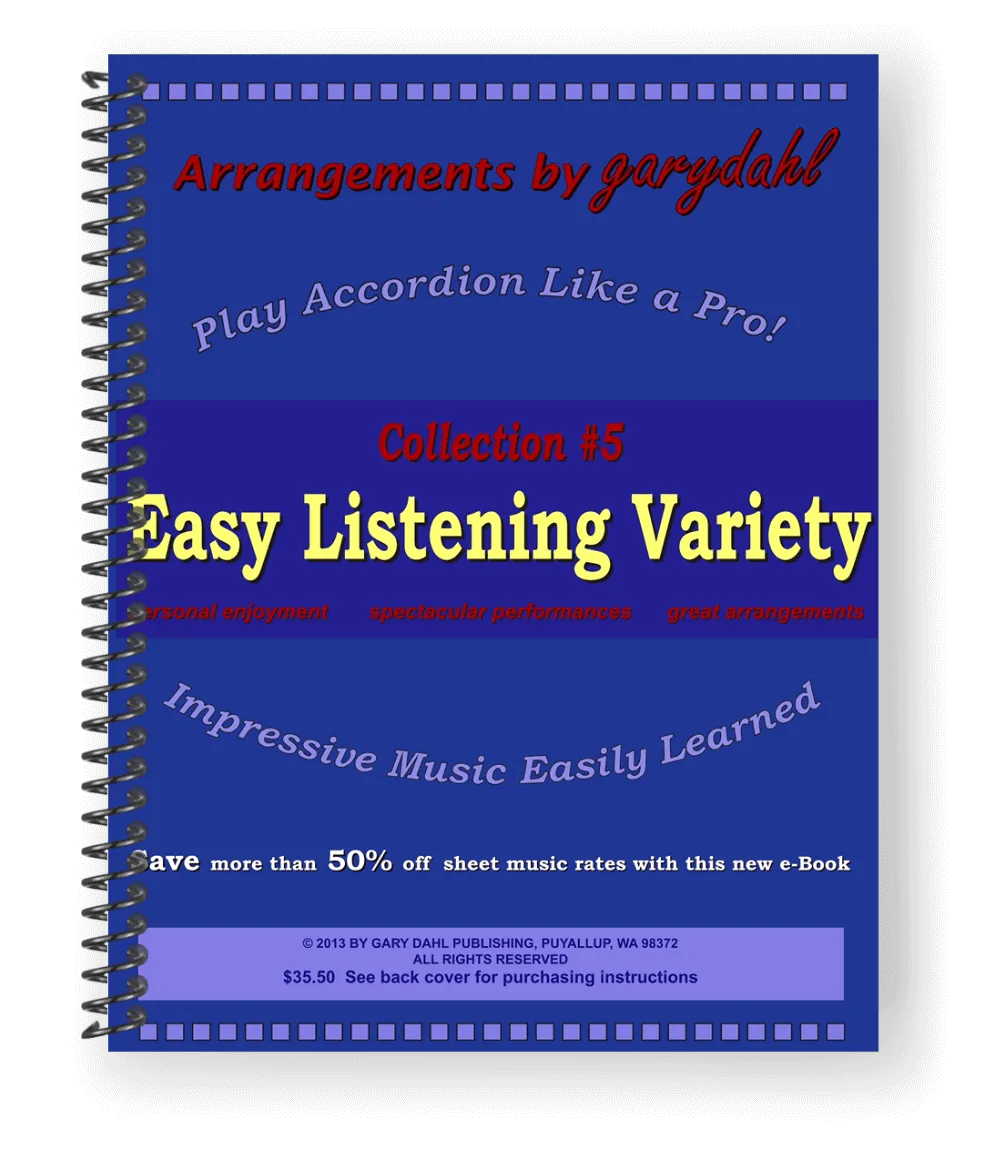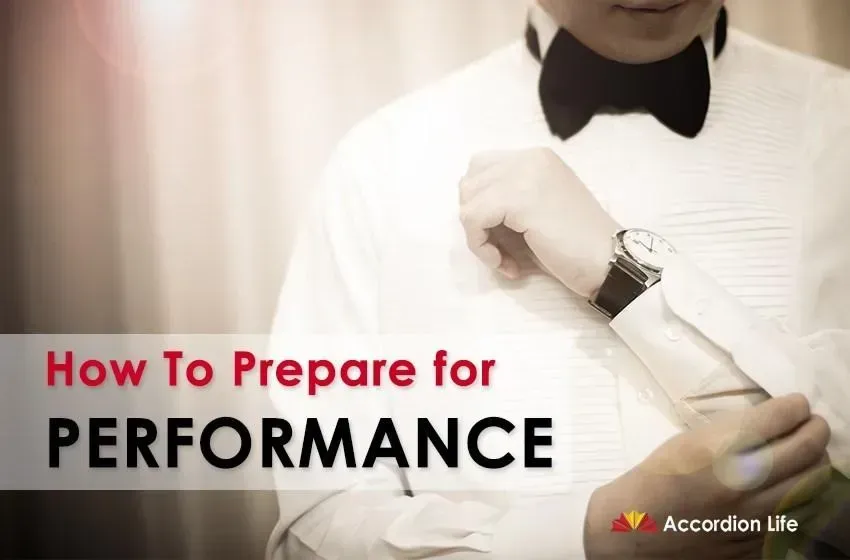Accordion Life Academy
Your Online School for Accordion
Welcome

Patricia Bartell
World Champion Musician • Master Teacher
Intl. Best Selling Author • 2X TEDx Speaker
Entrepreneur • Keynote Speaker
Welcome
Begin Your Accordion Life Adventure with Us!
As the creator and founder of Accordion Life Academy, I want to personally welcome you to this platform made just for you—to help you learn how to play the accordion, connect with fellow accordion enthusiasts, and grow your accordion skills the correct way!
After 20+ years of teaching hundreds of students and adjudicating many competitions, it was time to make accordion lessons more accessible since finding great accordion teachers isn’t as easy as finding piano instructors.
Whether you’re just starting out or looking to take your playing to the next level, Accordion Life Academy is here to help! Together, we’ll keep the joy of accordion music alive and kickin'.
Welcome to your new Accordion Life journey—I’m so glad you’re here!
~Patricia Bartell
Free Resources
Online Courses
Piano Accordion
Mastery
Master the Accordion
the fun & easy way!
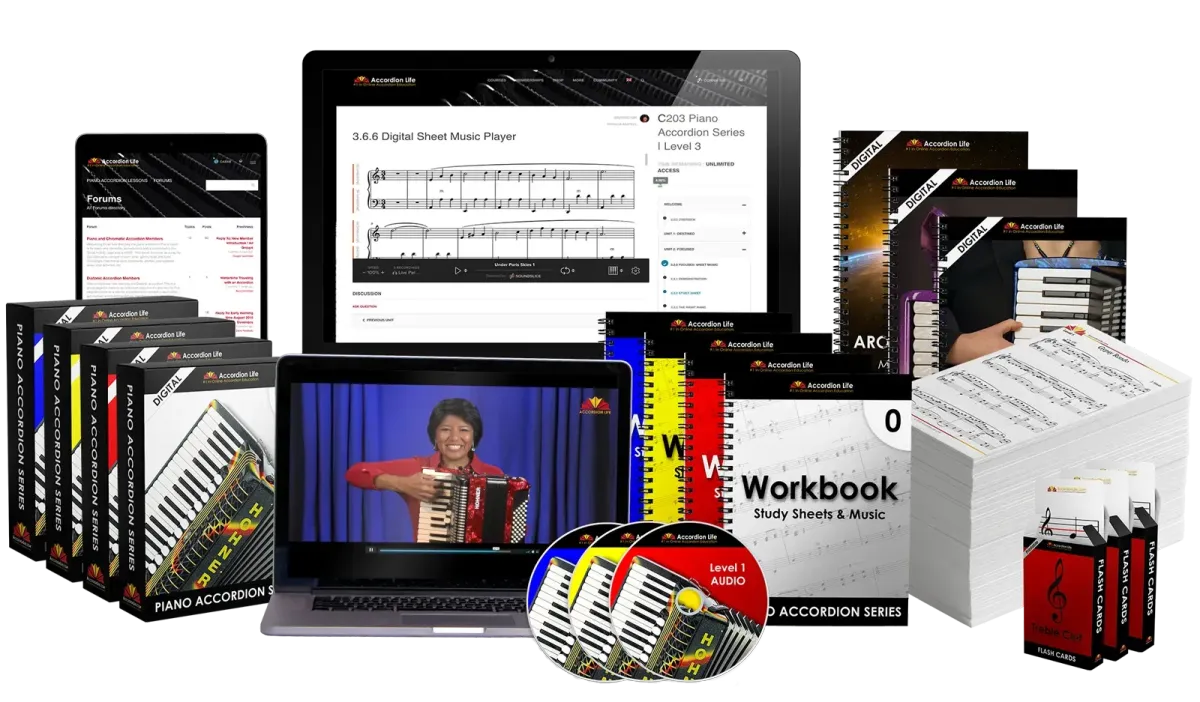
The quick and easy step-by-step accordion program that will have you playing the accordion immediately! Easy to follow video tutorials, sheet music, demonstrations and much more in our Piano Accordion program!
Bass Buttons
Mastery
Master all those little
Bass Buttons!
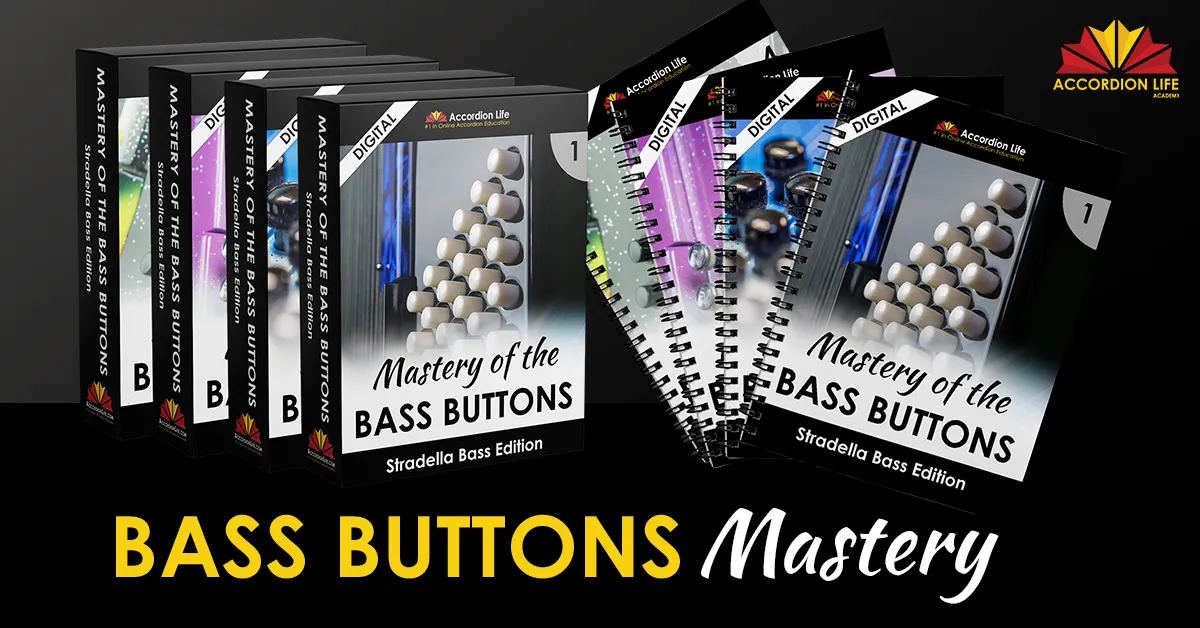
Learn everything you need to know about how to play the bass buttons of the accordion and sound great! For beginners to advanced! With video demonstrations you'll nail rhythm patterns, bass solo's, advanced chord combinations and more!
Take Private Lessons
from Anywhere!
Piano Accordion • Chromatic Accordion • Free Bass
Beginner • Intermediate • Advanced
Visit Our Store
Technique Training eBooks
Sheet Music eBooks
Teaching Videos
Set yourself up for success with these essential tips on accordion positioning, straps, and technique. Learn how proper setup impacts your sound and control for better playing!
Discover the most common mistakes accordionists make with their bellows and how to fix them for better sound and control. Learn pro tips to master bellow movement and elevate your playing!
Get a better understanding of the Bass Buttons! Learn 7 essential bass rhythms, including waltz, polka, tango, and rumba, to make your music more dynamic and engaging.
Get a detailed look at accordion bass systems, including Stradella and Free Bass. Understand their mechanics and how they shape the sound of your music.
From rural Montana to the international stage, Patricia Bartell’s journey highlights her passion for music and quality accordion education. Learn about her achievements as a performer and teacher.
Discover the seven most common types of accordions, including Chromatic, Diatonic, Piano, and more. Learn their unique features and how they’re used in various music styles!
Educational Articles
Unraveling the Mystery of Bass Buttons: Where Do I Start?
Confused by the bass side of the accordion?
Discover the differences between Stradella and Free Bass systems, learn their unique features, and find out how they’re used in various music styles. Get ready to demystify those buttons and start making music!
Industry Interviews
Alicia Jo Straka
Discover the inspiring journey of Alicia Straka, a talented musician whose shares her experiences navigating competitions, overcoming a career-altering injury, exploring jazz, and recording her debut album, all while preparing for motherhood.
Gilbert Reyes
Discover the legacy of HOHNER Accordions with Gilbert Reyes, as we explore their 160+ year journey. Gilbert shares how HOHNER’s global impact, commitment to community, and passion for music education continue to inspire musicians worldwide.
Pietro Adragana
Dive into the amazing journey of Pietro Adragna, an Italian accordionist and composer. From choosing a life of musical freedom over a marine career to starting accordion education in Italy, Pietro shares his passion for teaching, performing, and composing.

